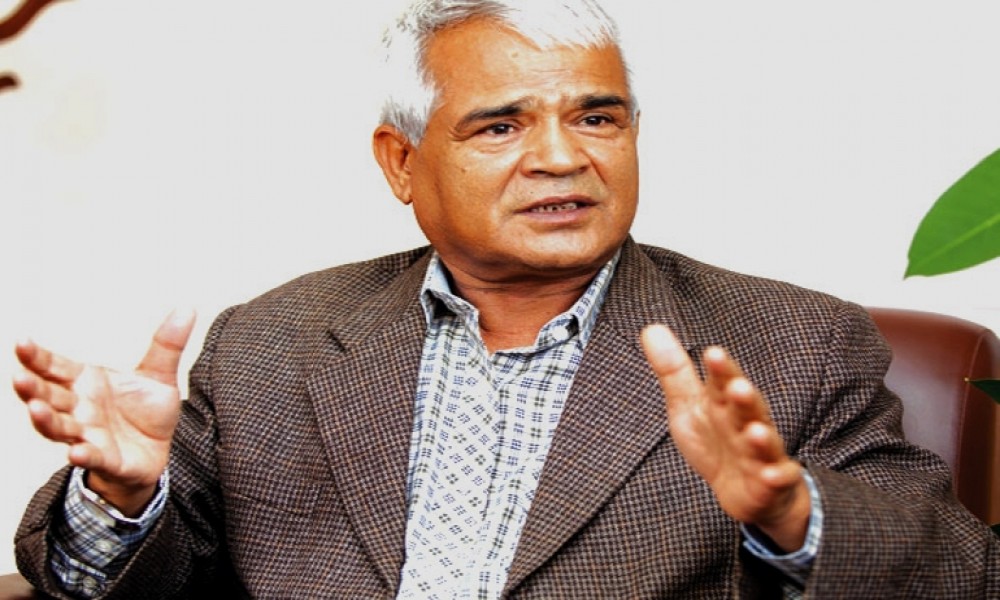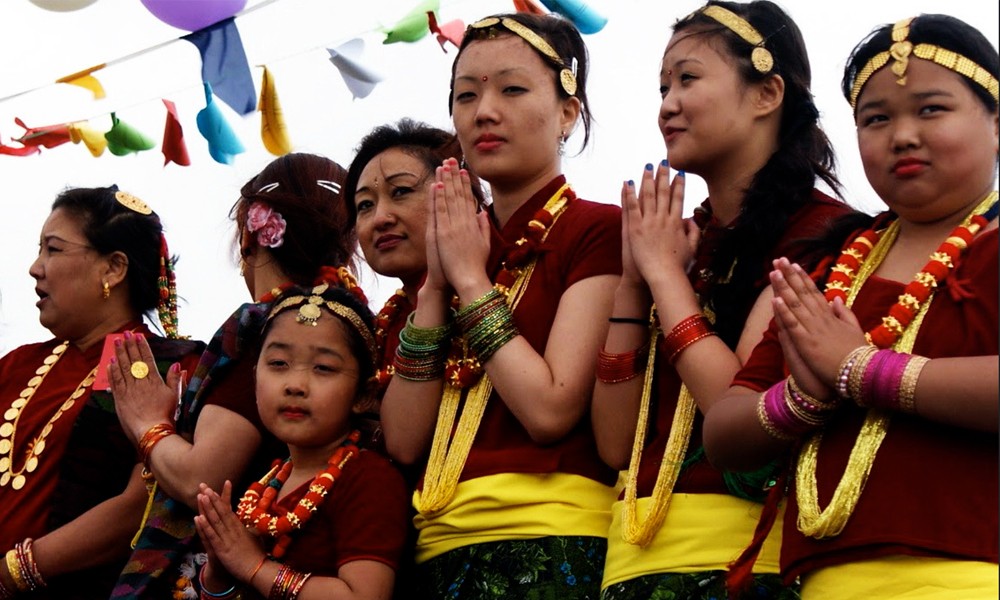The political partied failed to meet their self-imposed January 22 deadline to unveil the new constitution. In the weeks leading to the deadline, Prime Minister Sushil Koirala, CPN (UML) Chair KP Oli and other senior leaders were reiterating that they would unveil the constitution within the stipulated deadline. People had no hope, though.
Post the January 22 deadline, Constituent Assembly (CA) chairman Subash Chandra Nembang's unilateral decision further contributed to straining relation between the ruling and the opposition parties. There is no denying the fact that even the voting process would not be successful without the consent of the opposition. Even so, Nembang made a harsh decision. On the other hand, opposition CA members resorted to brawl in the house, which was not necessary at all. Now, both sides are blaming each other, which is not good for the country.
Before the deadline expired, Nembang was requesting the ruling NC CPN-UML parties to give him authority so that he could unveil the constitution within a week. Similarly, NC leader Sher Bahadur Deuba was for declaring the interim constitution as the new constitution. His argument was that the interim constitution has all provisions that have been discussed in the CA meeting. But, nothing worked out at the end of the day.
Nevertheless, we need not fret about missing the deadline. The parties still have three more years to write the new constitution. But, what is really worrisome is that political parties are neither serious before nor now. As long as the parties do not really get down to business, the constitution is unlikely even in the next 30 years.
The parties still have three more years to write the new constitution. But, what is really worrisome is that political parties are neither serious before nor now. As long as the parties do not really get down to business, the constitution is unlikely even in the next 30 years.
Failure in constitution writing
Never before did Nepal have to face such a serious deadlock while writing constitutions. In the past, constitutions, whether good or bad, were written without much trouble. The CA's failure is a symbol of the state's weakness.
A decade ago, Himal magazine ran a story on how the CA was a worthless idea. I felt offended because I had always been advocating for it. I truly believed that the CA would bring about peace and democracy. I truly believed that the CA would be the way to end all sorts of conflicts ruining the country. Not any longer. I have lost my faith in the CA.
With what I have observed during the first CA's tenure, I feel merely conducting a successful election to it is not sufficient. It is equally important to clear misconception about the issues of the constitution.
Reasons for failure
There are mainly three reasons as to why constitution writing process failed in Nepal. First, there has been lack of maturity in writing constitution. Second is absence of leadership. And third is unfavorable diplomatic environment. Only if diplomatic environment was favorable, constitution might have been written, albeit not a good one. Therefore, there is an urgent need to review and understand all these reasons and be serious in meeting CA's core objectives.
Politics is said to be an art of possibilities. It has its rule. The constitution is supposed to rule the politics and show the way to the political players for performing better in the game. But our constitution failed to guide what sort of game political players were supposed to play. Some CA members played badminton while others played football. They did not stick to the objective of the CA, which was, of course, writing a new constitution. The result now is politics became a dirty game. The constitution regulates the game of politics. If anybody misuses rules, the judiciary and the general public prohibit them through their voting power. But, nothing has worked in proper.
The constitution is supposed to rule the politics and show the way to the political players for performing better in the game. But our constitution failed to guide what sort of game political players were supposed to play. Some CA members played badminton while others played football.
At the peak of the January 22 deadline, there was a hot discussion on ending political deadlock either through consensus or through majority voting system, but at last nothing worked well. This is the high time that the senior leaders became serious and had a constructive discussion on the disputed issues.
Attack on sovereignty
Constitution writing is the sovereign rights of each state. No any other neighboring state has a right to interfere in exercising this right. But this doesn't mean that other should not show concerns over the constitution that we have been writing. Democracy, Human Rights, Peace and Development have been the concerns of the world community. The constitution determines the national politics. Thus, though the international community takes constitution writing process to be the sovereign rights of Nepal alone, it cannot remain in isolation.
The federalism has been stuck in the tussle of geopolitics. But there is nothing in the number of federal provinces, either that is 6, 7 or 10, the leaders of different political parties need to sit together and have a series of constructive discussions aiming for the betterment of the country and reach consensus. Just because of the number of federal provinces, there should not be the deadlock in writing of Constitution. If the leaders are unable to reach a consensus, the number and names of the federal provinces can be taken into the referendum, otherwise the dispute remains forever in the name, number and boundary of federalism
By Krishna Khanal
Indigenous voice extracted this write up out of Khanal's articles published in Kantipur daily, published on Jan. 25









